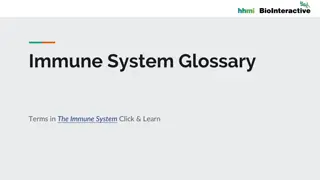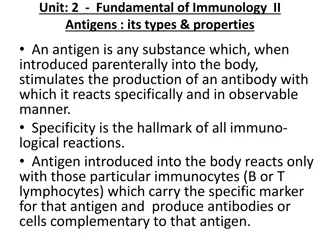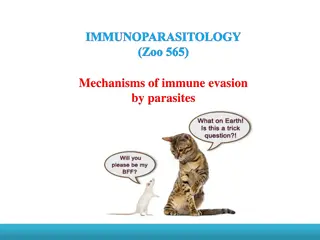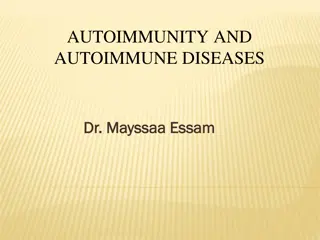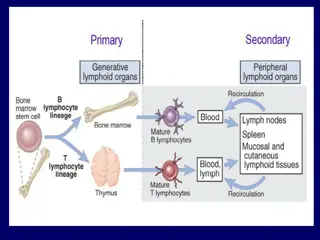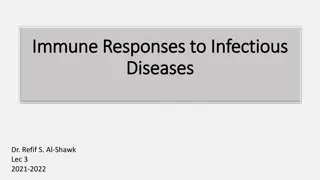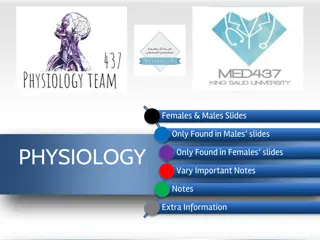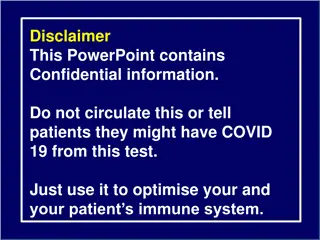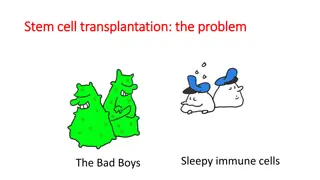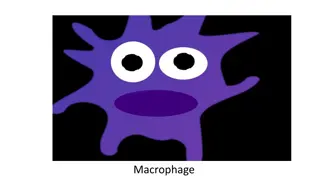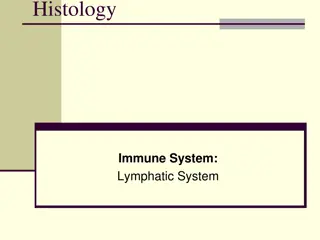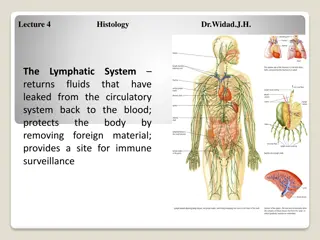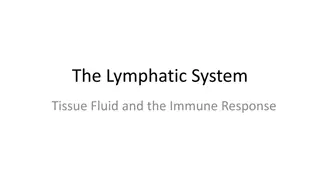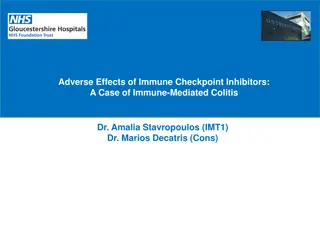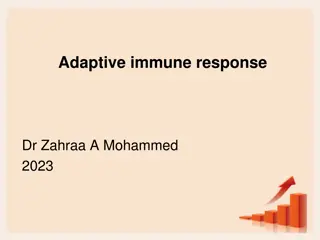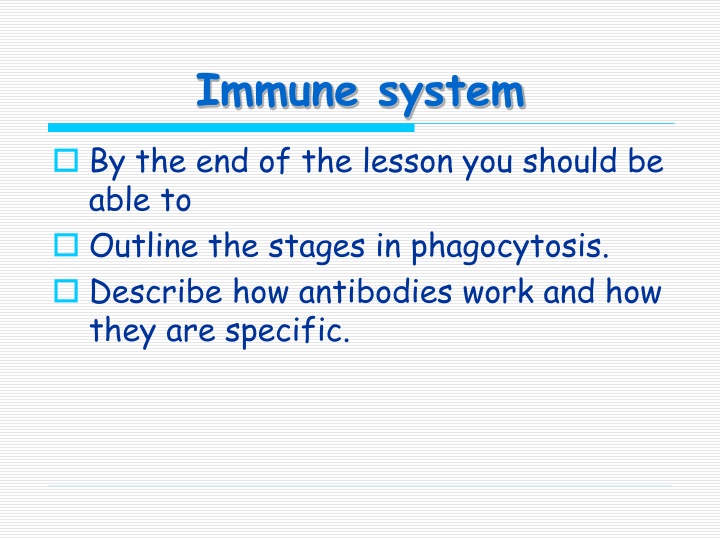
Understanding Immune System: Phagocytosis and Antibodies Explained
Explore the immune system's defense mechanisms including phagocytosis and antibody actions. Learn about the stages in phagocytosis and how antibodies target specific pathogens to protect the body from infections.
Download Presentation

Please find below an Image/Link to download the presentation.
The content on the website is provided AS IS for your information and personal use only. It may not be sold, licensed, or shared on other websites without obtaining consent from the author. If you encounter any issues during the download, it is possible that the publisher has removed the file from their server.
You are allowed to download the files provided on this website for personal or commercial use, subject to the condition that they are used lawfully. All files are the property of their respective owners.
The content on the website is provided AS IS for your information and personal use only. It may not be sold, licensed, or shared on other websites without obtaining consent from the author.
E N D
Presentation Transcript
Immune system By the end of the lesson you should be able to Outline the stages in phagocytosis. Describe how antibodies work and how they are specific.
First lines of defence tears antibacterial enzymes saliva antibacterial enzymes mucus linings traps dirt and microbes skin prevents entry stomach acid low pH kills harmful microbes good gut bacteria out compete bad
Pathogens = disease causing micro-organisms bacteria virus fungi, protozoa, parasite, prion
Second lines of defence Involves white blood cells Non-specific response invading pathogens are targeted by macrophages Specific response lymphocytes produce chemicals called antibodies that target specific pathogens
Phagocytes Monocytes and macrophages Provide a non-specific response to infection http://www.microbelibrary.org/imag es/tterry/anim/phago053.html
Phagocytosis Stages in phagocytosis 1. Phagocyte detects chemicals released by a foreign intruder (e.g. bacteria) 2. Phagocyte moves up the concentration gradient towards the intruder 3. The phagocyte adheres to the foreign cell and engulfs it in a vacuole by an infolding of the cell membrane. 4. Lysosomes (organelles which are rich in digestive enzymes & found in the phagocytes cytoplasm) fuse with the vacuole & release their contents into it.
Phagocytosis 5. The bacterium is digested by the enzymes, and the breakdown products are absorbed by the phagocyte. During infection, hundreds of phagocytes are needed. Pus is dead bacteria and phagocytes! link to phagocytosis
Pus An accumulation of : - dead phagocytes destroyed bacteria dead cells
Lymphocytes Provide a specific immune response to infectious diseases. There are 2 types: - - T-cells - B-cells They produce antibodies.
Antigens all cells have surface markers called antigens. body can recognise these as self or non-self (foreign)
Specific response Lymphocytes detect presence of foreign antigens Stimulated to produce specific proteins called antibodies.
antibodies combine with their specific antigen (like a lock and key) this renders the pathogen harmless. = primary response
Immunity = the bodies ability to resist infection can be natural or acquired
Immunological memory after an infection is fought off some lymphocytes become memorycells. if same pathogen returns memory cells stimulate the produce the specific antibody very rapidly. the infection is fought off before symptoms appear = secondary response vaccines can stimulate same response
Immune system Can you Outline the stages in phagocytosis. Describe how antibodies work and how they are specific.
This powerpoint was kindly donated to www.worldofteaching.com http://www.worldofteaching.com is home to over a thousand powerpoints submitted by teachers. This is a completely free site and requires no registration. Please visit and I hope it will help in your teaching.

